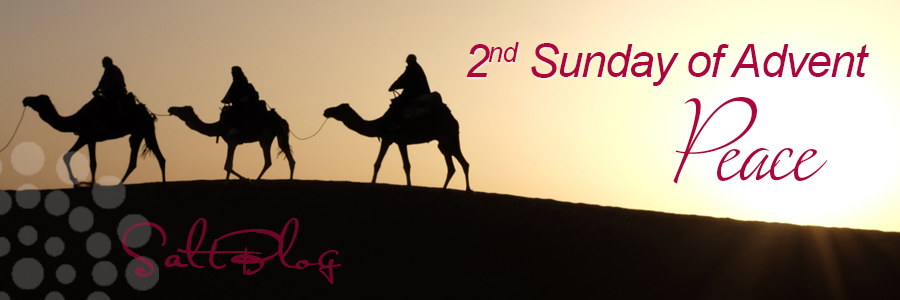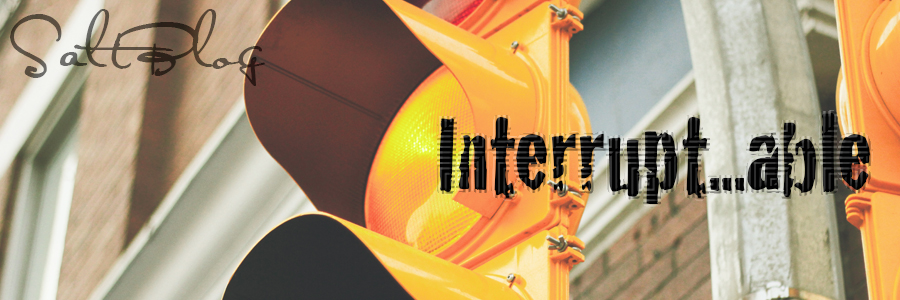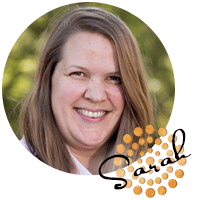The night before Jesus was crucified, killed in part because of political and religious corruption, he prayed that his beloved disciples, his friends, would “become completely one.”
John 17:20-24
“I ask not only on behalf of these, but also on behalf of those who will believe in me through their word, that they may all be one. As you, Father, are in me and I am in you, may they also be in us, so that the world may believe that you have sent me. The glory that you have given me I have given them, so that they may be one, as we are one, I in them and you in me, that they may become completely one, so that the world may know that you have sent me and have loved them even as you have loved me. Father, I desire that those also, whom you have given me, may be with me where I am, to see my glory, which you have given me because you loved me before the foundation of the world.”
Knowing he was about to suffer tremendously and die, Jesus prayed for his followers to be unified, in the same way that Jesus is unified with the One he called “Father.”
So, how does it work? How does it work that Jesus is God and that God is the Holy Spirit? My high school youth director said to think of it like water, ice, and steam: the same chemical in different forms. But ice and water and steam can all exist separately from one another, where Jesus, God, and the Holy Spirit are one single divine nature. It’s all a little much, a little complicated, especially in a world in which animated pictures have become a stand-in for communication and many of us (raises hand) think that reading the headline gives us all the information we need.
But in addition to Jesus praying that we would act like this unified divine being, we’re also made in the image of a Trinitarian God, so it’s probably something we ought to pay attention to. Because we’re not just going through the motions, it’s the very nature of who we are.
God is many things, but at the core, God is love. Out of love, God created the world. Out of love, God sent Jesus to redeem us. Out of love, God offers the opportunity for reconciliation, rather than condemnation. God’s love is so expansive that worlds, planets, stars, the sun, the moon, all of life flows out of, into, and through God. God’s love is life creating, life sustaining, and life saving. Our first job as followers of Christ is to love God. Our second, to love one another. Jesus says that “everyone will know you are my disciples, if you love one another.”
I think it’s important to note that God doesn’t love human creatures exclusively. The scriptures are full of references and stories about God’s love for all creation. Psalm 104, for instance, praises God for the majesty and care of creation, describing in loving detail how God gives every animal a drink of water, provides shelter for birds, gladdens human hearts, and provides plants for humans and animals alike to eat. The earth is full of God’s creatures, and God loves this very good world. St. Francis of Assisi is one of our spiritual parents who reminded us of this again and again.
But we’re the only creatures made in God’s image, so what does that mean for us?
The Trinitarian nature of God is intimacy and relationship. German theologian Jürgen Moltmann says that the Trinitarian nature of God demonstrates “the process of most perfect and intense empathy….The Persons of the Trinity make one another shine through that glory, mutually and together. They glow into perfect form through one another and awake to perfected beauty in one another” (The Trinity and the Kingdom). This is the Imago Dei in us. This is the way of being to which we can aspire. And no part of our life is exempt. Every relationship, every interaction, is and ought to be indwelled with this spirit.
This is a radical way to look at the world: motivated and sustained by the love of Christ, we share the good news that old ways of living, being, and relating have been replaced by the reconciliation of all creation to the Creator. Our calling, then, is reconciliation, returning and leading others to a life in Christ that is communal, just, and interdependent by its very nature.
And when we get this representation wrong, we really get it wrong. Every violent abuse of power and every bullying act is a mutilation of God’s image. It violates the stewardship with which we have been entrusted by the Creator who lovingly crafted and righteously cares for this world.
One way in which the early church Fathers described the Trinity was the word perichoresis, a Greek word meaning things like: to make room for, to go forward, to contain, rotation, around. It describes an intimate indwelling, a deep and fluctuating connection, mutual submission, shared love and breath and purpose and experience. A communal dance of connection between God, the Son, and the Holy Spirit.
Our most trusted and intimate relationships are a dim reflection of the Holy Trinity, and yet we are called to pursue that same oneness. Just before He prays, Jesus tells his disciples to love one another, to abide in Jesus: “As the Father has loved me, so I have loved you; abide in my love. If you keep my commandments, you will abide in my love, just as I have kept my Father’s commandments and abide in his love. I have said these things to you so that my joy may be in you, and that your joy may be complete. ‘This is my commandment, that you love one another as I have loved you. No one has greater love than this, to lay down one’s life for one’s friends.’” John 15:9-13
What does it mean to pursue intimacy in an age of emojis? What does it mean to live in mutual submission to one another in a country where independence and individual freedom is the highest prize? What does it mean to dwell with one another in our economy? The questions of the Trinity aren’t simply mysterious and theoretical, they’re deeply practical ones with long-reaching, beautiful potential. Brazilian theologian Leonoardo Boff says:
“We need to go beyond the understanding of Trinity as logical mystery and see it as saving mystery. The Trinity has to do with the lives of each of us, our daily experiences, our struggles to follow our conscience, our love and joy, our bearing the sufferings of the world and the tragedies of human existence; it also has to do with the struggle against social injustice, with efforts at building a more human form of society, with the sacrifices and martyrdoms that these endeavors so often bring. If we fail to include the Trinity in our personal and social odyssey, we shall have failed to show the saving mystery, failed in evangelization...We are not condemned to live alone, cut off from one another: we are called to live together and to enter into the communion of the Trinity. Society is not ultimately set in its unjust and unequal relationships, but summoned to transform itself in the light of the open and egalitarian relationships that obtain in the community of the Trinity, the goal of social and historical progress. If the Trinity is good news, then it is so particularly for the oppressed and those condemned to solitude.” Trinity and Society
How can I contribute to a world that presses into the Kingdom? How can we, as a church, resist the impulse to build walls, cut connections, decide who is “in” and who is “out”? How can we submit to one another, abide in and with one another, and become truly “one”?
About the Author
Sarah is the author of Vegangelical: How Caring for Animals Can Shape Your Faith (Zondervan, 2016) and Animals Are Not Ours (No, Really, They’re Not): An Evangelical Animal Liberation Theology (Cascade Books, 2016). She spends her days working for CreatureKind, helping Christians put their faith into action. She lives in Eugene with her husband, son, and animal companions and enjoys action movies, black coffee, the daily crossword, and dreaming of her next international journey.

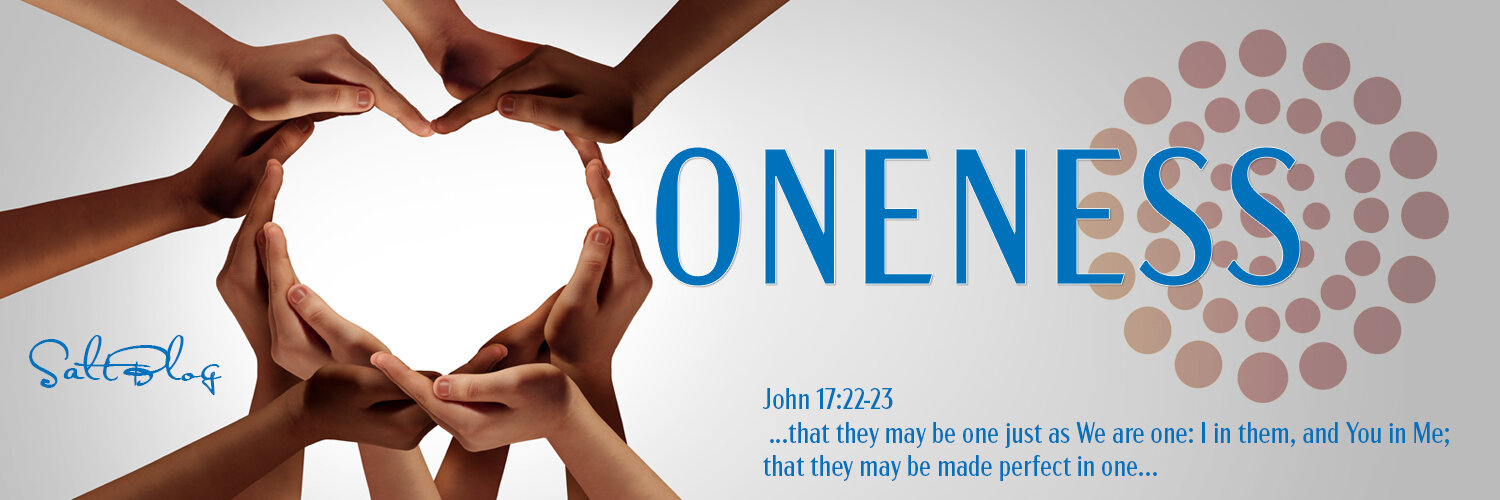


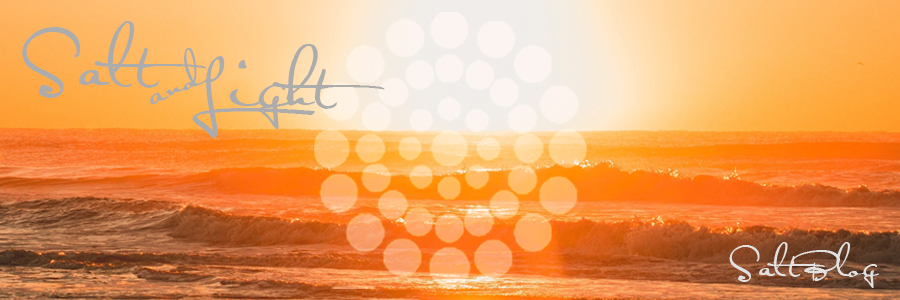
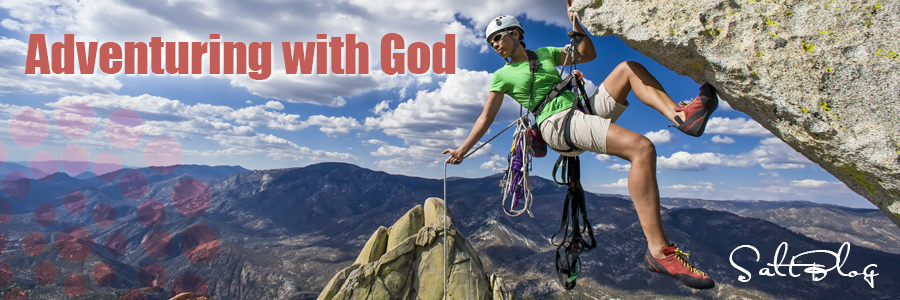

![[Image from: http://www.ladbible.com/news/news-son-pranks-his-mum-with-a-picture-of-ewan-mcgregor-she-thinks-is-jesus-20181227]](https://images.squarespace-cdn.com/content/v1/52c61e70e4b0ca96fb3cecee/1558044872165-SY1LTN0YS71MUH2GB1F5/ewanmcgregorjesus.png)
![Image: Forensic Jesus, Popular Mechanics [Image from: https://www.popularmechanics.com/science/health/a234/1282186/]](https://images.squarespace-cdn.com/content/v1/52c61e70e4b0ca96fb3cecee/1558045311876-SU192E3BOX4ELNST4C65/landscape-1450102826-jesus.png)
![Image: Jesus Christ, Liberator by Br. Robert Lentz, OFM [Image from: https://www.trinitystores.com/artwork/jesus-christ-liberator]](https://images.squarespace-cdn.com/content/v1/52c61e70e4b0ca96fb3cecee/1558046364949-SEWI3OEZY8A25SJGMS57/RLJCL.jpg)
![Image: Refugees: La Sagrada Familia by Kelly Latimore [Image from: https://kellylatimoreicons.com/gallery/img_2361/]](https://images.squarespace-cdn.com/content/v1/52c61e70e4b0ca96fb3cecee/1558046734010-OOVGIRHD8OV3M8X0K7IB/img_2361.jpg)

![Image: Michael Belk, The Second Mile [Image from: https://journeyswiththemessiah.org/photo-Jesus/the-second-milethe-joyful-gift-of-forgiving/?portfolioCats=36%2C35]](https://images.squarespace-cdn.com/content/v1/52c61e70e4b0ca96fb3cecee/1558046950405-N4Z6I1CCC72FF6IMP51F/The-Second-Mile.jpg)


